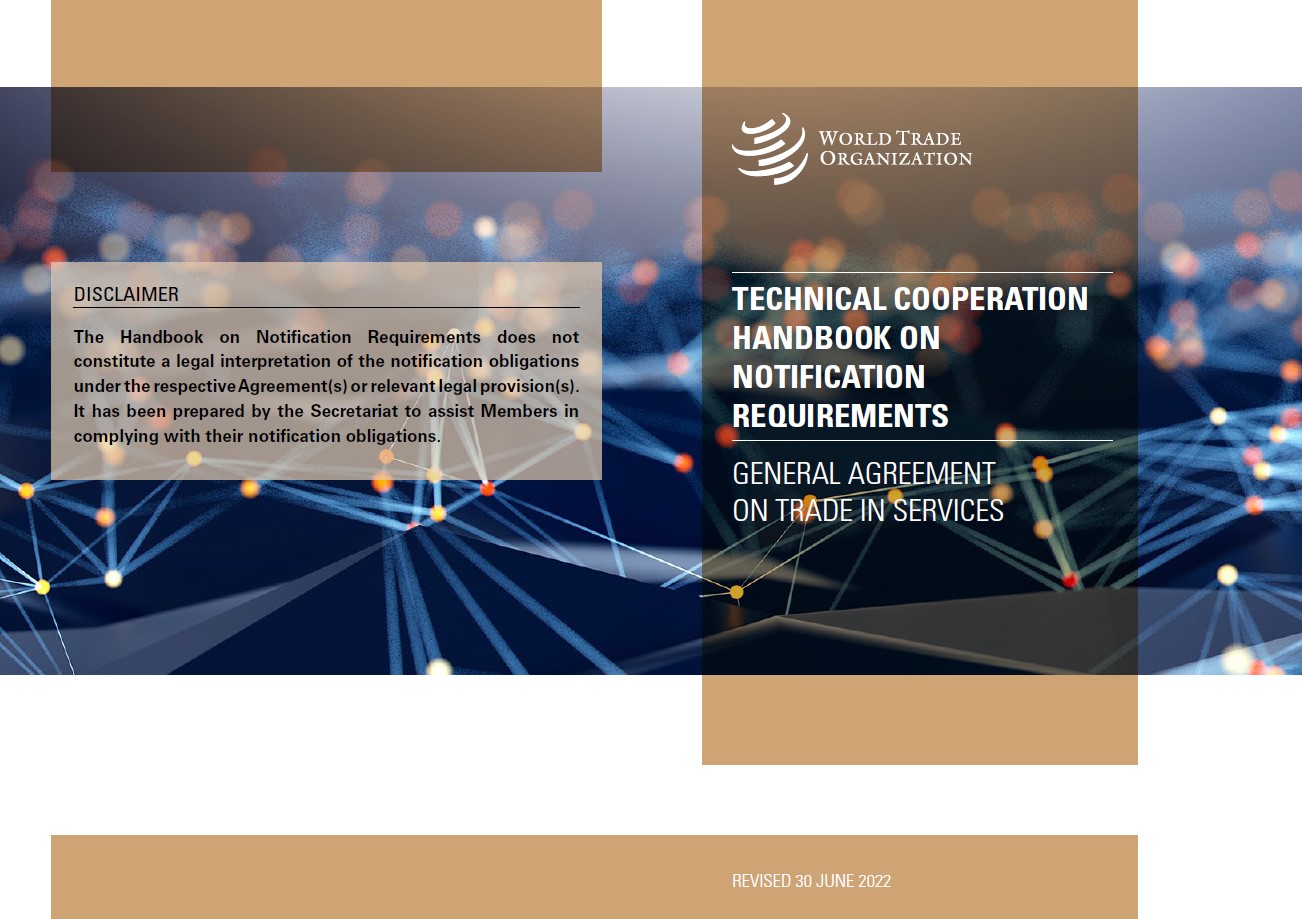Services trade
Ranging from communications to transport, finance, education, tourism and environmental services, the services sector has become the backbone of the global economy and the most dynamic component of international trade. Recent technological advances have made it easier to supply services across borders, thereby opening new opportunities for national economies and individuals. While increasingly traded in their own right, services also serve as crucial inputs into the production of goods. In value-added terms, services account for about 50% of world trade.
Services trade policies are an important determinant of foreign direct investment, participation in global value chains, productivity and exports of manufactured products. Policies in relation to services trade also contribute to a wide range of national objectives, including the achievement of Sustainable Development Goals.
The creation of the General Agreement on Trade in Services (GATS) was one of the landmark achievements of the Uruguay Round of trade negotiations.
See also:
SERVICES TOPICS
The GATS covers all services, with few exceptions.
Notifications

Videos
See also
- International Trade Centre — Services trade promotion for developing countries.
News
Introduction to services trade and the GATS
GATS: objectives, coverage and disciplines
An in-depth look, in question-and-answer form.
Introduction to the GATS (PDF)
Interactive course: General Agreement on Trade in Services (GATS)
The agreement
General Agreement on Trade in Services (GATS): The GATS is a legally binding set of rules covering international trade in services. See also related instruments.
Consult findings of the WTO Appellate Body and dispute settlement panels on the GATS, as well as related decisions and other significant actions taken by relevant WTO bodies in the Analytical Index — Guide to WTO Law and Practice.
Members' schedules of specific commitments and lists of MFN exemptions
- Introduction, with links to commitments and exemptions
- How to read a schedule
- The protocols
Since the Uruguay Round, agreement was reached on negotiations in specific sectors: telecommunications, financial services and movement of natural persons. These additional agreements are known as “protocols”.
Work in the WTO
Services negotiations : WTO members continue discussions on advancing negotiations to achieve a progressively higher level of liberalization, as mandated in Article XIX of the GATS. Members are also negotiating on domestic regulation in services.
The Council for Trade in Services is responsible or facilitating the operation of the GATS.
Disputes
Trade in services and LDCs
The GATS provides for “special treatment” for least-developed countries (LDCs). This has been pursued through, among other things, a waiver to allow preferential treatment for LDC exporters of services.
Data on services trade
- Statistics on trade in commercial services
- WTO Data portal
- Trade in Value Added and Global Value Chains (GVCs)
- Trade in Services data by mode of supply (TISMOS)
- Dataset of services commitments in regional trade agreements
- Services Trade Barometer
Contact and enquiry points
Contact points are intended to facilitate the access of developing country members' service suppliers to information, and enquiry points to provide information to other WTO members.
Simply Services: A Trade in Services Speaker Series
“Simply Services — A Trade in Services Speaker Series” brings together services experts to discuss the latest trends in services trade. Livestreaming of the webinars is available for registered participants. A video recording can be accessed after the event. Details about forthcoming and previous webinars are provided here.

A selection of news, articles and opinions on the vast world of trade in services
Database covering:
- Members' GATS commitments, MFN exemptions and LDC waiver preferences
- Services commitments in RTAs
- Services Trade Policy Database and STRI
- STRI Visualization tool
- Services trade statistics
Trade monitoring
The WTO Trade Monitoring Exercise provides transparency regarding governments' trade measures. The Trade Monitoring Database now also includes services measures.
COVID-19: Measures affecting trade in services
Information on measures affecting trade in services taken in the context of the COVID-19 crisis has been compiled by the WTO Secretariat. This information is an informal situation report and an attempt to provide transparency with respect to measures taken in the context of the pandemic. The Secretariat will seek verification of new measures on an ad hoc basis.
Trade in services and economic diversification
Problems viewing this page? If so, please contact [email protected] giving details of the operating system and web browser you are using.